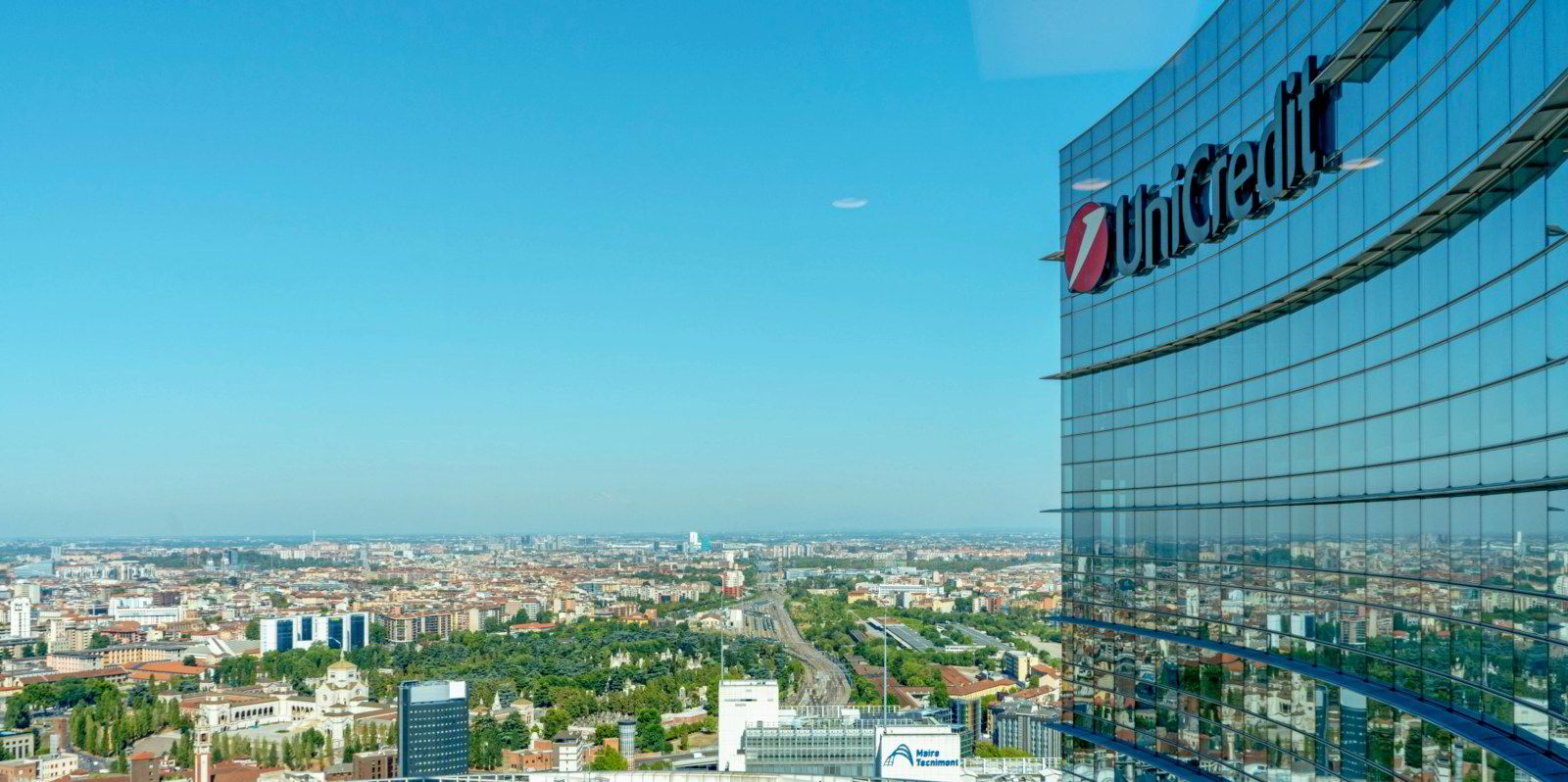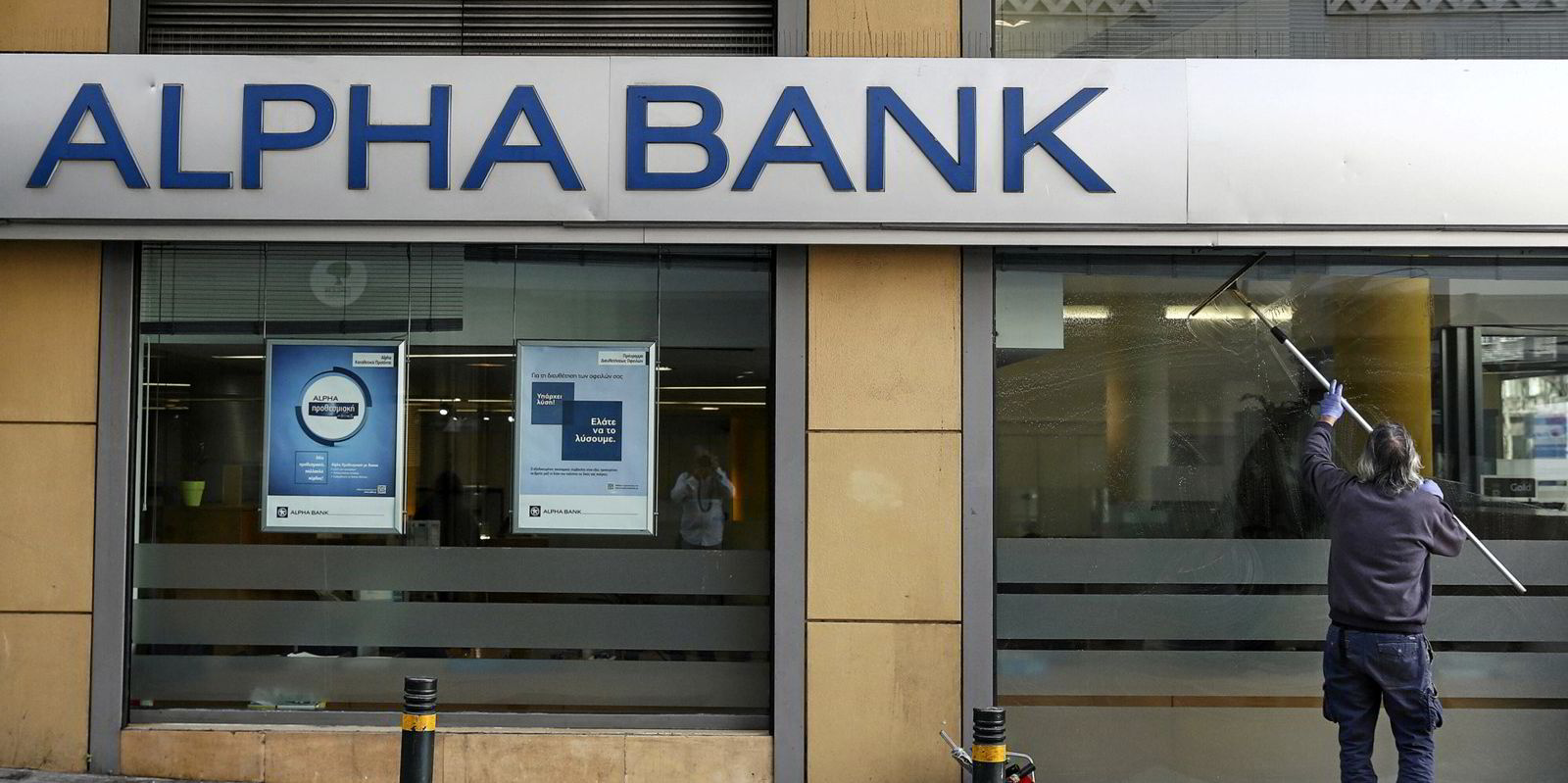European creditors are selling stakes in two of Greece’s systemically important banks, both of which are big lenders to local shipping.
Italian lender UniCredit on Monday acquired a 9% stake for €293m ($313m) in Athens-based Alpha Bank, which claims to be the biggest Greece-based maritime lender.
The seller is the Ηellenic Financial Stability Fund, or HFSF, a European Union-funded vehicle that bailed out all major Greek banks during the debt crisis after 2010.
The stability fund separately announced on Monday that it is putting up for sale its 20% stake in the National Bank — Greece’s biggest lender by assets, which also has a considerable shipping portfolio.
Assuming it achieves the maximum price it is aiming for, HFSF expects to raise up to €1.1bn from the transaction, which will be wrapped up this week.
Public co-ownership of Greek banks has gradually receded following the country’s return to the financial markets.
UniCredit’s offer to buy the Alpha stake came a weekend after Standard & Poor’s became the first major credit rating agency to re-establish Greece’s sovereign investment grade status.
As TradeWinds reported at the time, UniCredit made the offer in October as part of a broader cooperation plan with Alpha.
Homegrown loans on the up
The maritime business did not feature in the rationale cited by the two lenders as part of their strategic partnership, which focuses on Greek retail banking and Alpha’s subsidiaries in Romania.
The deal, however, could strengthen Alpha’s position vis-a-vis local rivals in Greece’s rapidly growing ship lending market.
According to the latest edition of a long-term survey into Greek ship finance conducted annually by Petrofin Research, the volume of homegrown loans to Greek owners rose in 2022 for a sixth consecutive year to $14.1bn.
And more than one in four dollars borrowed from a bank by Hellenic shipowners last year came from a local lender, the survey found.
In its latest corporate presentation, Alpha claimed to be the biggest Greece-based shipping lender with a maritime loan portfolio of €3.1bn at the end of September, in a total loan portfolio of €39.9bn.
Alpha’s shipping loans finance mostly bulkers and oil tankers, which represent 43% and 35% of its maritime portfolio, respectively. Container ships account for 9%.
Bulkers and oil tankers
The balance went to LNG carriers, to which Alpha expanded its exposure dramatically this year.
The share of Alpha’s maritime loans financing such vessels more than doubled within six months, from 6% at the end of March to 13% at the end of September.
As for the National Bank, it had a shipping portfolio of €2.7bn as of 30 September, up from €1.7bn at the end of 2020. No breakdown of its shipping loans was immediately available.
No Greek bank currently subscribes to the Global Maritime Forum’s Poseidon Principles for sustainable ship lending.





